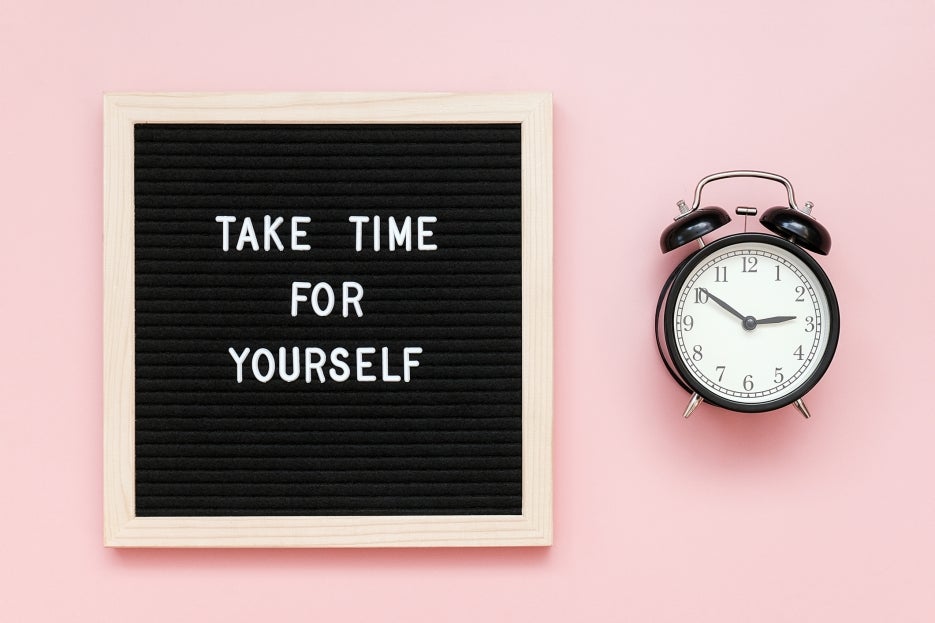Time, by itself, does not heal anything. The pain lessons in intensity, but healing does not happen by just passing time. You may have heard the adage, “Time heals all wounds”. This is not a truth. Time helps ease the pain, but true healing means the wounds are still there with newness embedded into the fabric of your life. This notion is the first of many insightful, educational and compassionate concepts taught by Dr. Kiley Hanish, OTD. Her non-profit organization, Return to Zero: H.O.P. E., is a safe place to find help and hope for those who feel alone, lost and paralyzed in the grief of losing a child. Dr. Hanish shares that you may feel alone, but emphasized you are not alone. She knows: she lost little Norbert 14 years ago to a stillbirth.
Healing is not an end point. You may not be ready to hear these words or believe you will ever find joy again. That is okay. That is where you are. Hanish explains that pain is not the only connection you will feel or are allowed to feel to stay connected to your child. As Nadia Bowles-Webber shares in her book, Accidental Saints, “Love co-exists.” Love co-exists with disappointment, sadness, anger, fatigue and any number of other discrepancies in the human character. The terms “moving on” and “finding closure” are so final. You are more accurately finding joy, love and peace in spite of your circumstances.
Three steps to finding peace are:
Find support
Finding support provides the opportunity to discover a community, feel validated and get guidance. The PSI directory (Postpartum Support International) is another place to find support.
Be true to yourself
Being true to yourself means allowing yourself to feel the way you feel. Stuffing feelings does not promote healing. Being true to yourself involves identifying your own needs and putting yourself first.
Self-care
Self-care encompasses taking an active role in your own well-being. Self-care looks differently for every person. Self-care is about finding safe people and places, connecting, knowing your limits and identifying your triggers so they don’t control you.
Sound like a lot? It can be. Processes of pain, grief and healing are not overnighters. They can last a lifetime; however, part of that process is adding joy, peace and love to your list of things to do. If you aren’t ready to hear this message, just tuck it away until you are. If you are half way through and think there is not an end in sight, remember the words of John Lennon, “Everything will be okay in the end. If it’s not okay, it’s not the end.” Thank you Dr. Hanish for sharing your journey, so others might take the first step on their own. See you at the end.
Make your primary care provider a partner in your healing. Tell them what you are doing to keep yourself well. They will be your first cheerleader. Call Lovelace Care Concierge for an appointment with any Lovelace provider or for a referral to a mental health specialist. 505.727.2727. For a list of local perinatal depression resources or grief resources, call Lovelace Labor of Love. 505.727.7677.

